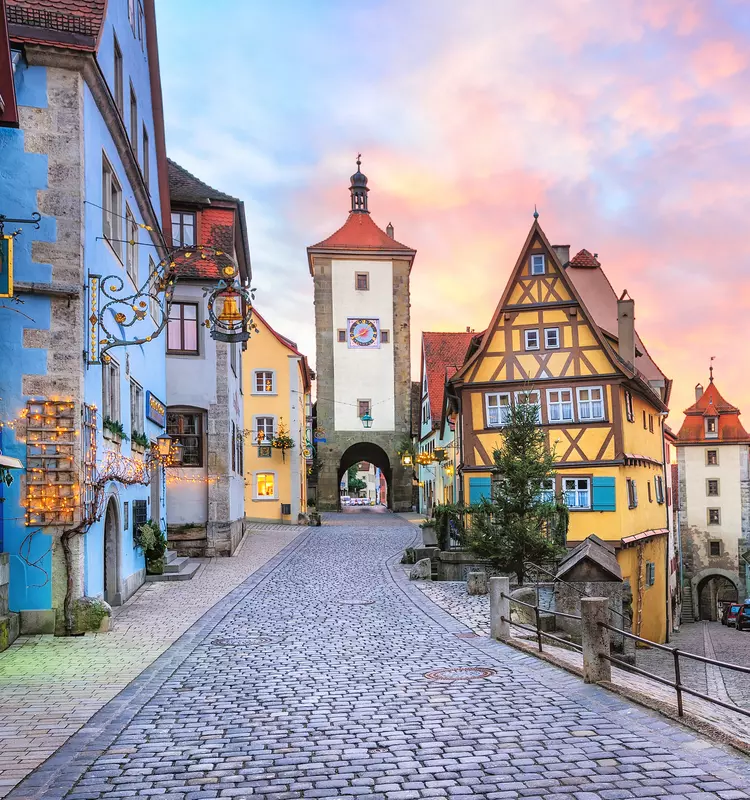Overview
From glaciers to geysers, a trip to Iceland offers many unforgettable natural wonders to see.
The sparsely populated Nordic island country is known for its active volcanoes, hot springs, geysers, and the Northern Lights. You can start with the Blue Lagoon, which features on virtually all Iceland itineraries. The geothermal spa located in an 800-year old lava field is only 20 minutes from the Keflavik International Airport, and an ideal place to relax after landing in the country.
The capital Reykjavik has an excellent cultural and gastronomical scene, which is easily explorable by foot in the walkable city. Iconic attractions here include the Hallgrimskirkja church, Sun Voyager sculpture, and the National Museum of Iceland featuring the celebrated carving of the famous Lion-Knight legend. Unwind at thermal pools or enjoy a concert at Harpa Hall housing the Iceland Symphony Orchestra. Book a food walk tour and shop by at boutiques that sell lava pottery,
On a day trip to Snaefellsnes peninsula in West Iceland, you can cover historic villages, dramatic mountains, amazing beaches, and rich wildlife. The Westfjords, one of the country's most untouched areas, is home to the multi-level Dynjandi waterfall, fishing villages, and wildlife such as whales, seals, puffins, and whales.
North Iceland is known for the Lake Myvatn area and the town of Akureyri, a popular base camp for many of Iceland's natural wonders. Dramatic landscapes continue in Eastfjords, the only place in Iceland where you can see wild reindeers.
Explore Southern Iceland on the Golden Circle tour, the country's most famous tourist route. An easy day trip from Reykjavik, it is the best way to see many of Iceland's incredible natural wonders and covers three iconic attractions: the Geysir Geothermal area, Gullfoss Waterfall, and Thingvellir National Park.
Population
375,818Languages
IcelandicCurrency
Icelandic Króna (ISK)Capital
ReykjavikVacations, Tours, & Travel Packages
Travel, Your Way!
Don't see the perfect option? Request a custom quote.
Turn your travel dreams into a reality with Goway. Our customized vacations take travellers to all corners of the world and showcase our incredible planet.

Places To Go
Handcrafted journeys to our most popular places to visit in Iceland
Nature's Northern Bounty
From lagoons, waterfalls, spas, volcanoes, and fjords, to museums, art galleries, concert halls, and aurora activity, Iceland is a country that astonishes and delights to the hilt.










